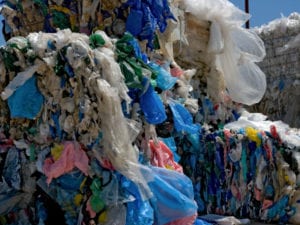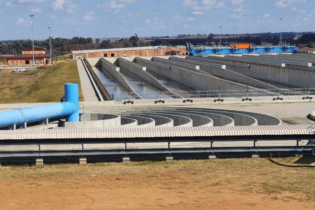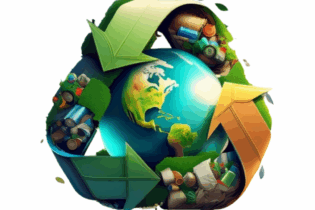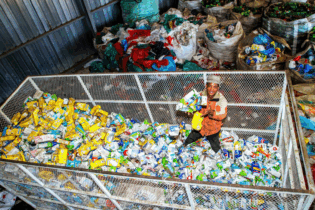Scientists have allegedly figured out a way to recycle plastic hundreds of times without losing the quality of the material.
Most plastics can only be recycled two or three times before the quality degrades so much so that it becomes unusable, which is one of the problems with traditional methods of recycling. Researchers at the University of Bath have figured out the method to recycle plant-based plastics (PLA), which are not yet recycled at all in the UK. “Most plastic is currently recycled using mechanical methods, where they are chipped into granules and melted down before being molded into something new,” said Professor Matthew Jones, from the Centre for Sustainable & Circular Technologies. “The problem is, melting plastic changes its properties and reduces the quality, which limits the range of products in which it can be used.”The method developed by scientists, writing in ChemSusChem, is a form of chemical recycling as opposed to mechanical recycling.
Chemical recycling alters the physical state of the plastic, returning the material to its constituent parts (or building blocks) and thus a more “virgin” form, by dissolving it in chemicals or breaking it down it with heat. It can then be returned to the industry and made into brand-new, high-quality plastic objects. The researchers recycled plant-based PLA, which is made from starch or crop waste instead of petrochemicals and is used in “biodegradable” food packaging and disposable cutlery and cups. The team has also started trialling a similar process for recycling PET, which is used for drinks bottles. The scientists are working to make their method of breaking down plastics for more effective recycling techniques available on a large scale to curb the plastic crisis.






